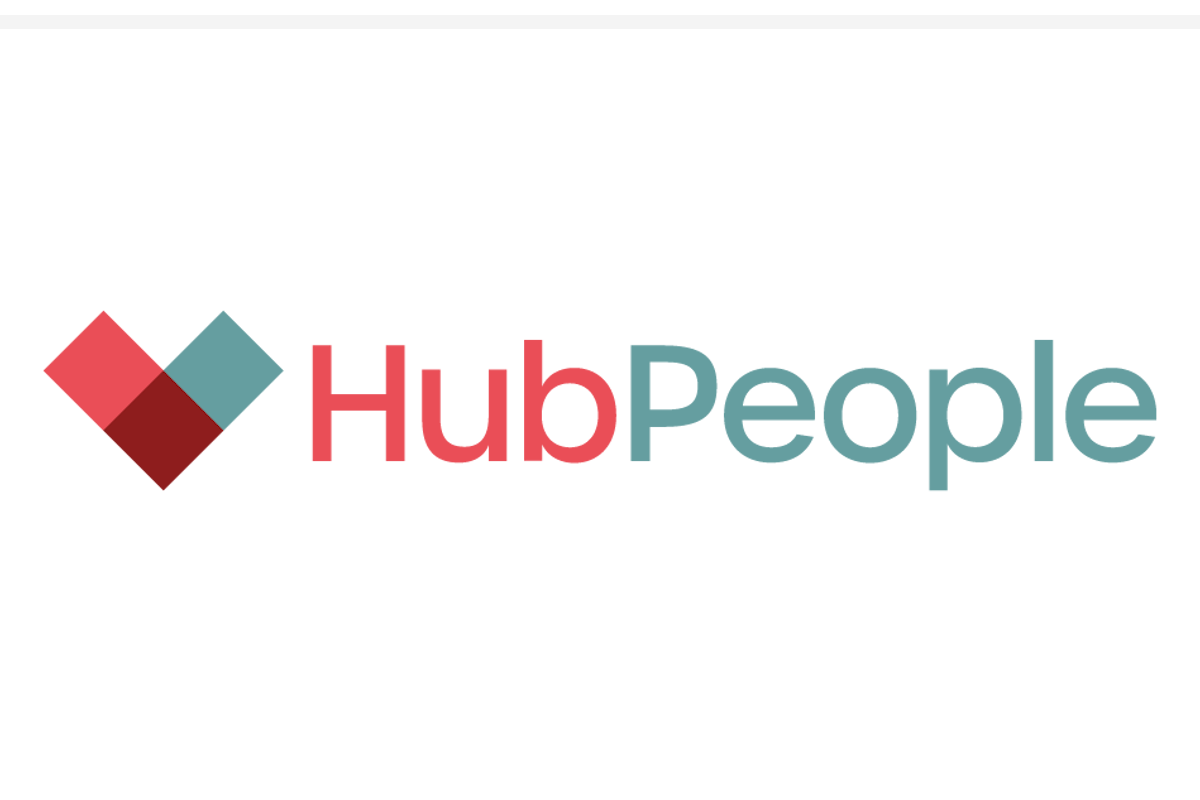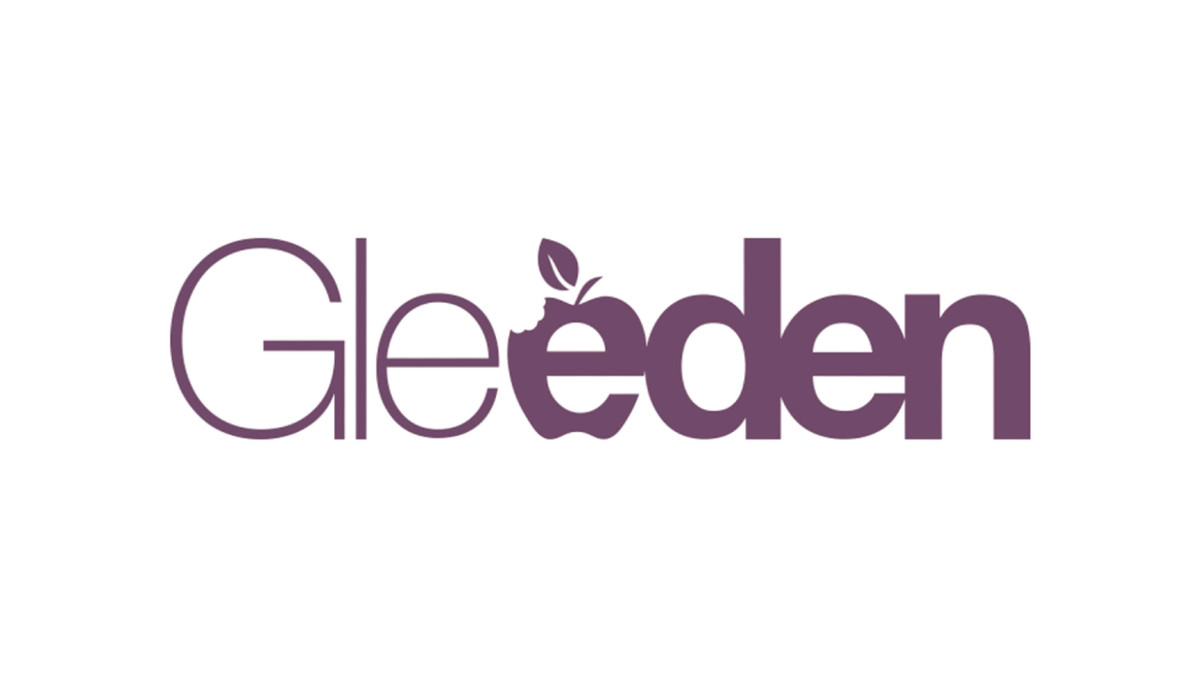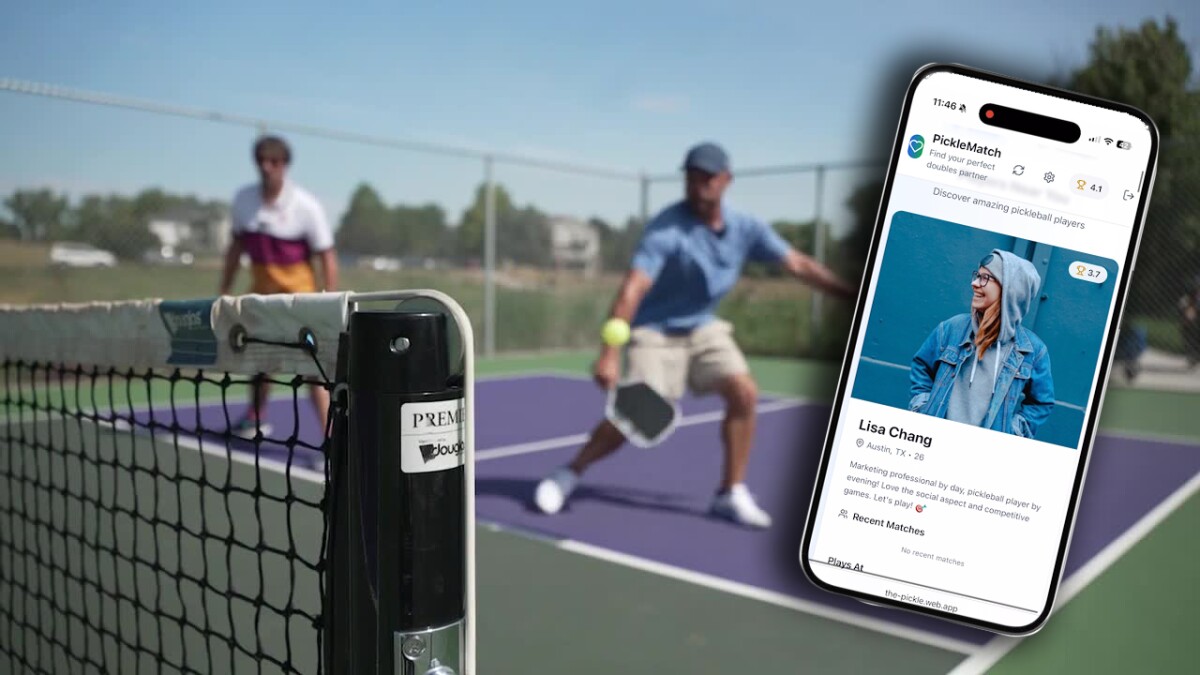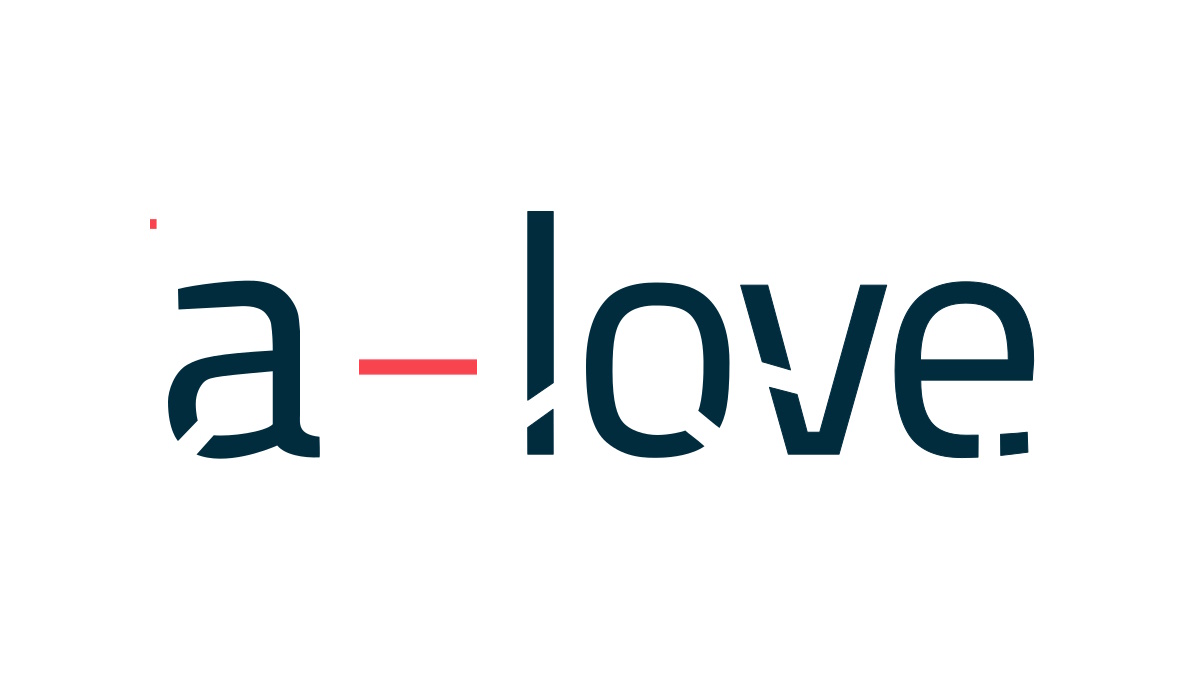A new survey of 3,000 Gen Z and Millennial Americans suggests that digital culture is contributing to a growing sense of insecurity in online dating. Conducted by the dating app Hily, the study explores how the pressure to appear “perfect” is shaping the behaviors and self-perceptions of young daters in the U.S.
Nearly half of respondents – 46% of women and 43% of men – say that social media contributes to the belief that they need to present a flawless version of themselves. The pressure intensifies in the online dating space, with 57% of men and 52% of women reporting that unrealistic expectations have made dating more stressful.
More concerning is that 62% of those surveyed said their experiences on dating apps have left them feeling not “perfect enough” to be liked. This emotional toll appears to be driving a culture of pretense: 28% of women and 38% of men believe sugarcoating their profiles is standard practice, while a notable portion – 21% of women and 26% of men – say that outright fabrication is typical in online dating.
About one in three respondents admitted to agreeing with a match just to be more likable, despite personally disagreeing. Still, despite the widespread insecurity, many young daters are more accepting of others than of themselves. A large majority – 71% of women and 86% of men – say they’re willing to overlook minor imperfections in someone they like.
Ultimately, 89% of participants said honesty is essential for an enjoyable dating experience, and over 90% agreed that there’s no single definition of a “perfect match.” The findings suggest that while digital dating culture fosters high expectations, most people still value sincerity and authenticity above perfection.
This disconnect reveals an opportunity for dating platforms to better support users by designing features that reduce performative behavior and foster more genuine connections. Tools that encourage vulnerability could help bridge this gap, and platforms that empower daters to show up as they are – not just who they think others want – may ultimately be the ones that stand out.

























